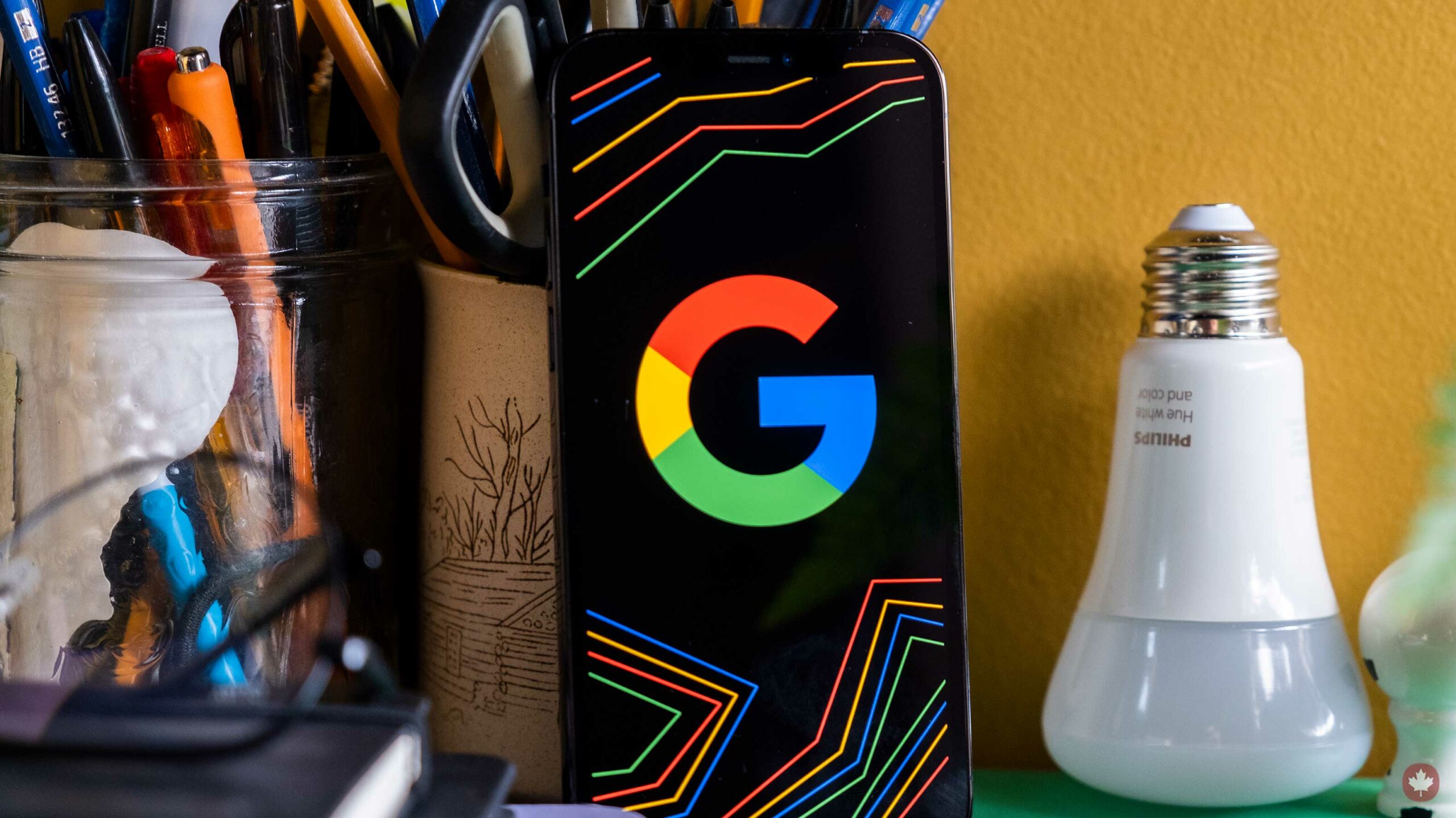
Google secretly paid game developers hundreds of millions of dollars to prevent them from launching games outside the Play Store, according to a newly released complaint in the ongoing antitrust lawsuit between Epic Games and Google.
Google’s ‘Project Hug’ program — later called the ‘Apps and Games Velocity Program’ — was an effort to limit Epic’s influence by spending “hundreds of millions of dollars on secret deals with over 20 top developers” that Google felt were at risk of following in Epic’s footsteps.
As a refresher, Epic Games launched its popular Fortnite game on Android in 2018. However, Epic exclusively released the game outside of the Google Play Store, the primary way that most Android users get their apps. That meant players had to download an installer directly from Epic’s website to get the game by essentially ‘sideloading’ it onto their phone. Epic went this route to bypass Google’s 30 percent revenue cut, but eventually released Fortnite on the Play Store in April 2020.
Fortnite didn’t stick around on the Play Store for long, with Google booting the game off the platform in August 2020 after Epic snuck in a new payment method that bypassed the Play Store. (Apple did the same with Fortnite on iOS, which led to Epic Games suing both companies and, ultimately, is why I’m writing this piece now).
Previous documents released in the ongoing legal battle between Epic and Google revealed that Google called Epic’s method of bypassing the Play Store a “contagion.” Those documents also showed that Google knew how awful the sideloading experience was.
A Google report indicated it could lose billions if competing app stores succeeded
Epic’s new complaint details a 2019 report created by Google Play’s finance team raising concerns that Epic could arrange deals with manufacturers like Samsung to pre-install a competing store. That store could win over developers by offering a lower revenue split, a tactic that Epic had used with its PC games store. The report noted that if successful, the competing store could draw Android users away from the Play Store.
The Play finance team estimated that a successful Epic store on Android could result in Google losing $350 million to $1.4 billion USD by 2022 (roughly $448 million to $1.8 CAD), and if other app stores, like Amazon’s or Samsung’s, also gained traction, the loss could grow from $1.1 billion to $6 billion USD (about $1.4 to $7.7 billion CAD).
Moreover, Google’s documents reveal that Project Hug was largely a success. By the end of 2020, Google had signed deals with most Project Hug targets, including Activision Blizzard, to keep them on the Play Store.
Considering other court documents revealed Google paid Android device manufacturers like Samsung to stick with Play and not use other third-party stores, it’s clear that third-party app stores pose a significant threat to Google’s Play business. In short, increased competition between stores on Android would drive down the revenue share Google takes, which, according to Google’s own finance team, could cost it billions of dollars.
That also happens to be a great argument for increasing competition on Android, something that, so far, it looks like Google has actively tried to stop.
Source: The Verge
MobileSyrup may earn a commission from purchases made via our links, which helps fund the journalism we provide free on our website. These links do not influence our editorial content. Support us here.


